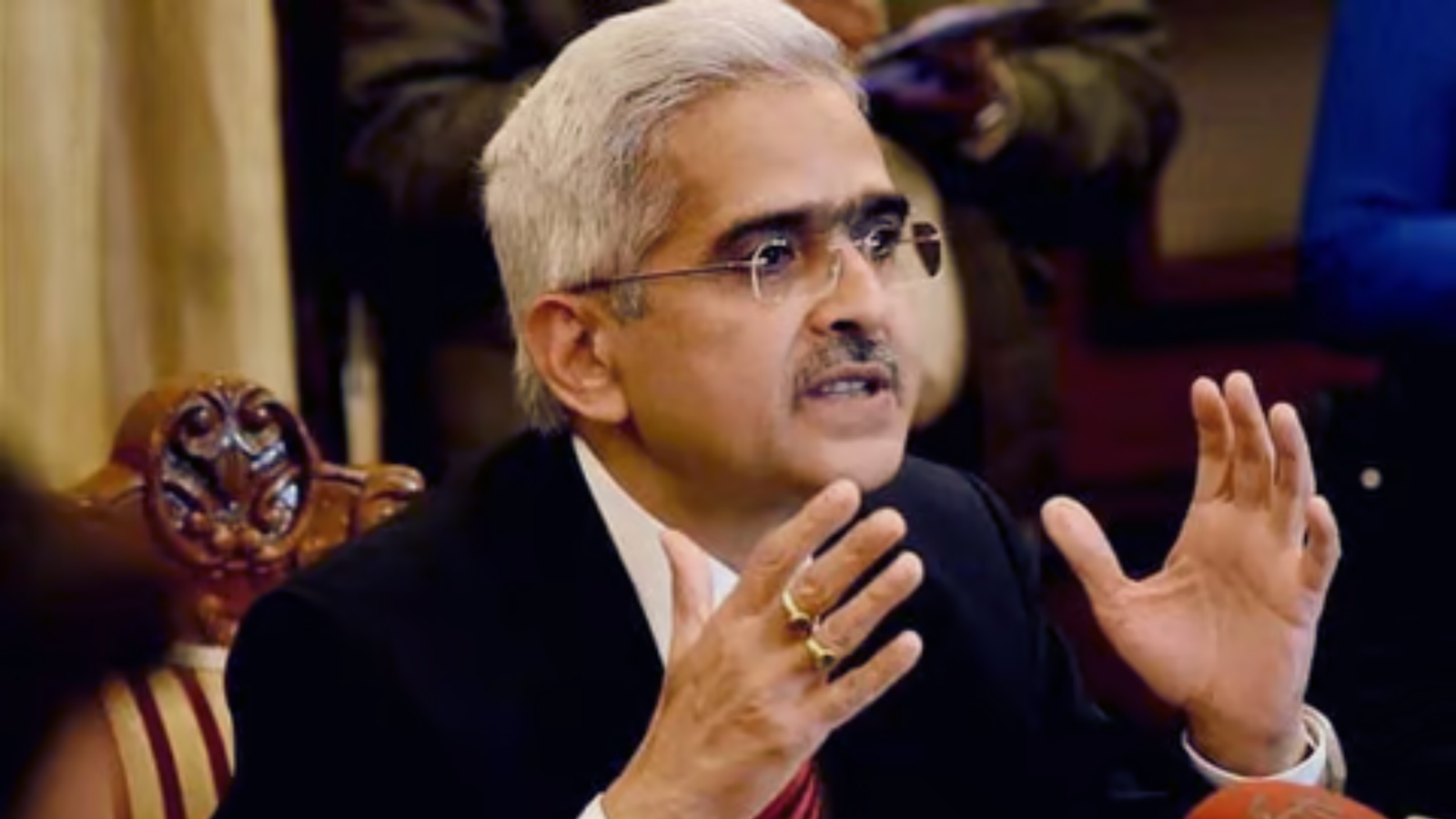NEW DELHI: The Indian government has appointed Sanjay Malhotra, the current Revenue Secretary, as the new Governor of the Reserve Bank of India (RBI). His term will begin on December 12, 2024, for a tenure of three years.
Malhotra succeeds Shaktikanta Das, whose remarkable tenure as the 25th RBI Governor concluded on December 10, 2024.
Malhotra, who will be the 26th Governor of the apex bank, brings with him a wealth of over 30 years of experience across diverse sectors, including power, finance, taxation, IT, and mining. He served as Secretary in the Department of Financial Services, where he played a pivotal role in shaping India’s financial policies.
ALSO READ: Missed July 31 ITR Deadline? File belated return by Dec 31 to avoid fine
Later, he became the Chairman and Managing Director of REC Limited from November 9, 2020, a period marked by significant reforms in the power sector.
Malhotra also served as Additional Secretary in the Ministry of Power, where he contributed to reforms and the privatization of distribution utilities in Union Territories, as well as introducing Public-Private Partnerships (PPP) in power transmission in Rajasthan. These roles have equipped him with a comprehensive understanding of both finance and infrastructure, making him a strong candidate to lead the Reserve Bank of India.
As Revenue Secretary, Malhotra was instrumental in formulating policies to enhance revenue generation and streamline tax administration. His expertise in economic policymaking and administrative acumen make him a natural choice to helm the RBI.
Sanjay Malhotra is a 1990-batch Indian Administrative Service (IAS) officer from the Rajasthan cadre. A distinguished academician and policymaker, Malhotra holds a B.Tech in Computer Science and Engineering from the Indian Institute of Technology (IIT) Kanpur, graduating in 1989. He further pursued his passion for public policy, earning a Master’s degree from Princeton University.
Sanjay Malhotra steps into the shoes of Shaktikanta Das, whose tenure as RBI Governor began on December 12, 2018. Das has been credited with navigating the Indian economy through some of its most turbulent phases.

During his six-year term as RBI Governor, Shaktikanta Das played a pivotal role in steering the Indian economy through challenging times. One of his most significant contributions was navigating the economy during the COVID-19 pandemic.
Under his leadership, the RBI adopted accommodative monetary policies to support economic recovery, ensuring liquidity in the system and easing financial stress across sectors.
Das also focused on managing inflation amidst global uncertainties, balancing growth and price stability despite fluctuating commodity prices and geopolitical tensions. His proactive measures helped maintain macroeconomic stability during volatile periods.
ALSO READ:Taj reaches Ayodhya: Lucknow’s Ladhani, who set up Coca Cola in Amethi, signs up Tata’s 29th UP hotel
A strong advocate of financial inclusion, Das worked extensively to enhance access to banking and digital payment systems. His tenure saw a massive boost in digital transactions, contributing to India’s ongoing transition to a cashless economy.
Additionally, Das was instrumental in strengthening India’s foreign exchange reserves, which provided a crucial buffer against external shocks.
His leadership ensured financial stability during geopolitical challenges, cementing his legacy as one of the most impactful RBI Governors in recent history.
As the 26th RBI Governor, Malhotra will face several challenges, including tackling inflation, ensuring financial stability, and managing India’s monetary policy amidst global economic uncertainties.









